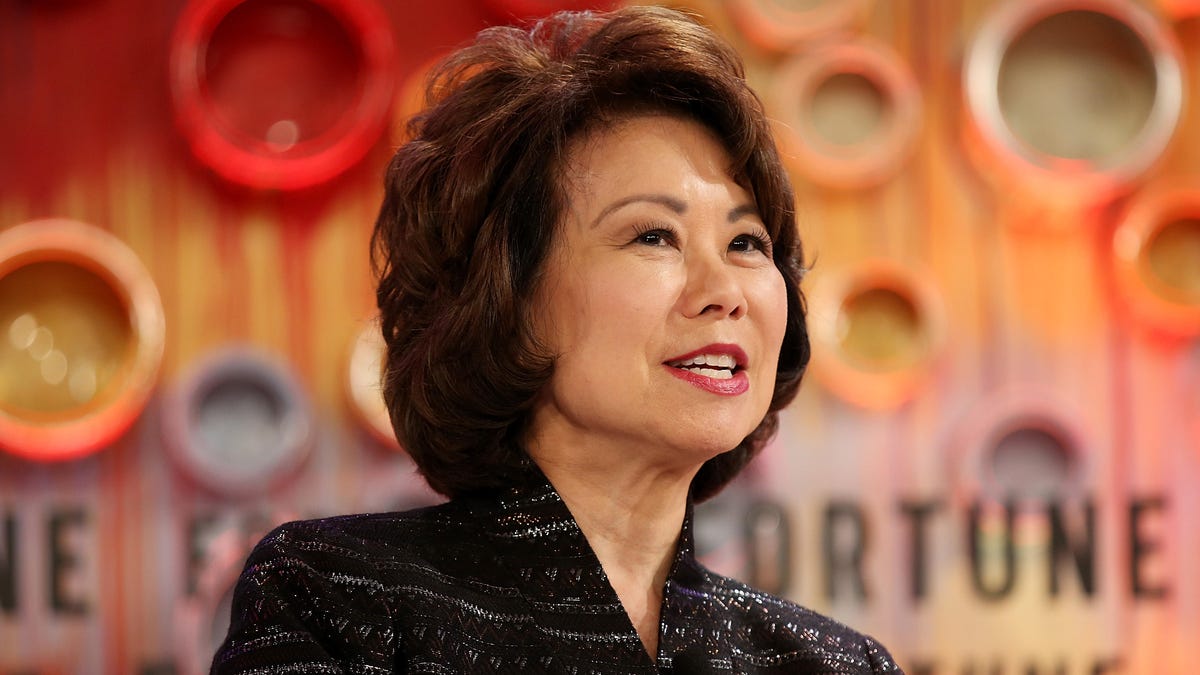The DOT is moving to ease regulations on self-driving cars
Will this change in regulation spur development or put more humans at risk?
Autonomous car development is big business, with companies throwing many billions of dollars at the problem of how to make autonomous cars safe, reliable and affordable. Getting to the point where fully autonomous vehicles are ready for public consumption requires a lot of testing, and until this point, the government has been somewhat restrictive on which companies can test what equipment on what roads in which cities. The Trump administration is out to change that.
In a policy initiative released on Thursday, Transportation Secretary Elaine Chao outlined a new strategy for government to relax its regulations where self-driving cars are concerned in order to speed development and encourage further private-sector participation.
Among the points outlined in the Department of Transportation's brief is that the Trump administration will not recognize the 10 automated vehicle testing grounds that were outlined by Barack Obama shortly before he left office and they will no longer be eligible for the $60 million in grant money that his administration had earmarked for them.
Also, the policy initiative makes mention of a study to determine the potential effects that self-driving vehicles may have on the American workforce. This study will be a group effort by several organizations including the DOT, Department of Labor, Department of Commerce Commerce, and the Health and Human Services department.
Interestingly, the DOT's document makes a point of stating that the "US DOT embraces the freedom of the open road, which includes the freedom for Americans to drive their own vehicles. We envision an environment in which automated vehicles operate alongside conventional, manually driven vehicles and other road users. We will protect the ability of consumers to make the mobility choices that best suit their needs."
We'll be interested to see how this slackening of regulations affects the development of self-driving vehicles, whether it has the intended effect and, more importantly, whether we start seeing an increase in the number of safety incidents that occur while testing.


